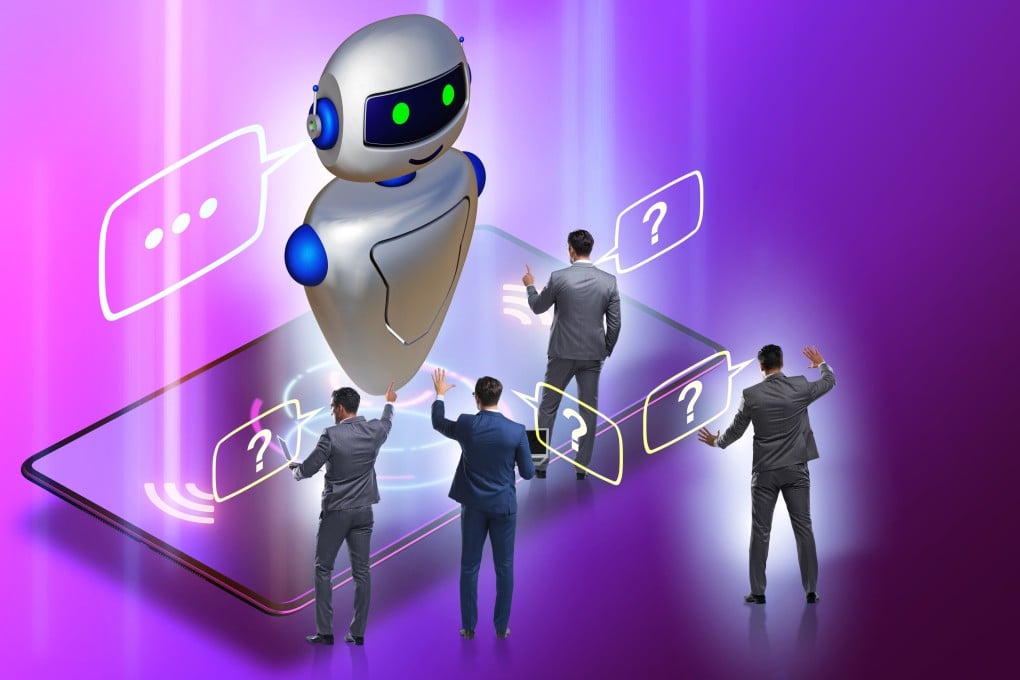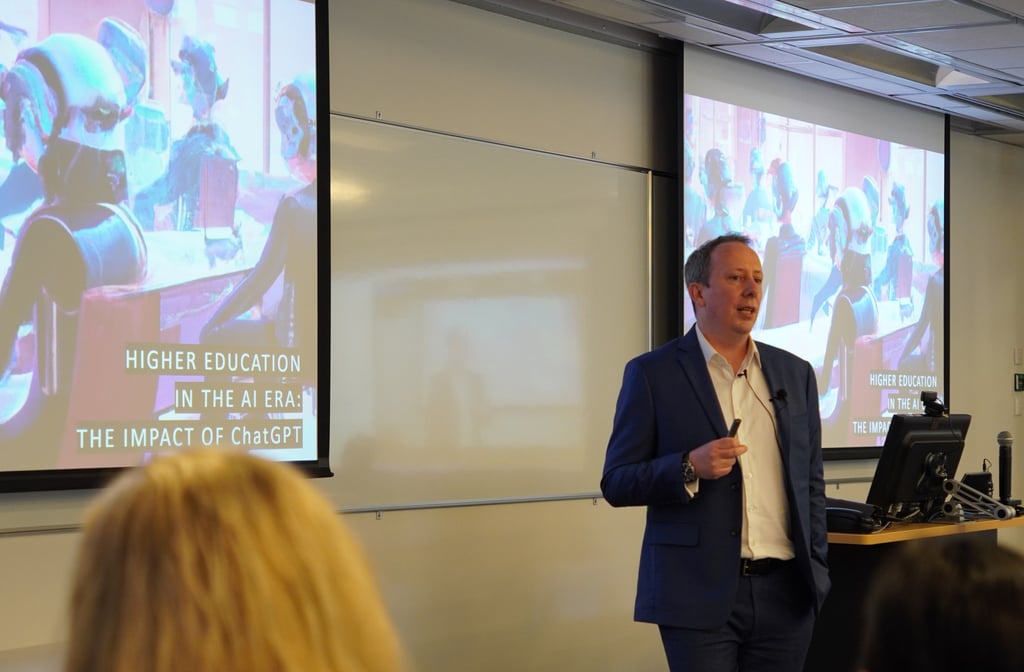How will ChatGPT and AI transform education? HKUST expects big changes and is already preparing for it
- The school will give out at least HK$10 million in May to professors to support generative AI related initiatives and curriculums
- Generative AI tech like ChatGPT will force positive innovation in higher education provided care is taken, educators say

The Hong Kong University of Science and Technology (HKUST) is encouraging professors to include ChatGPT and other generative artificial intelligence (AI) models in their lesson plans, as many educators agree that the emerging tech will transform the future of education.
“We want all faculty members to understand that AI is here, and it’s going to have a large impact on the workforce and the skill sets that students need when they graduate,” said Sean McMinn, director of the HKUST Centre for Education Innovation (CEI), which helps train faculty members in innovative teaching methods.
“Students are already using it, so the question becomes, how can we leverage it for learning and encourage responsible and ethical best practices for both professors and students?”

According to McMinn, most professors have already allowed some class usage of generative AI, which can create content such as text, images, audio, or videos based on a variety of inputs. Thus far, that has included students using it to generate fake case studies for projects, conducting preliminary research, and having the chatbot create personalised quizzes and self-assessments.